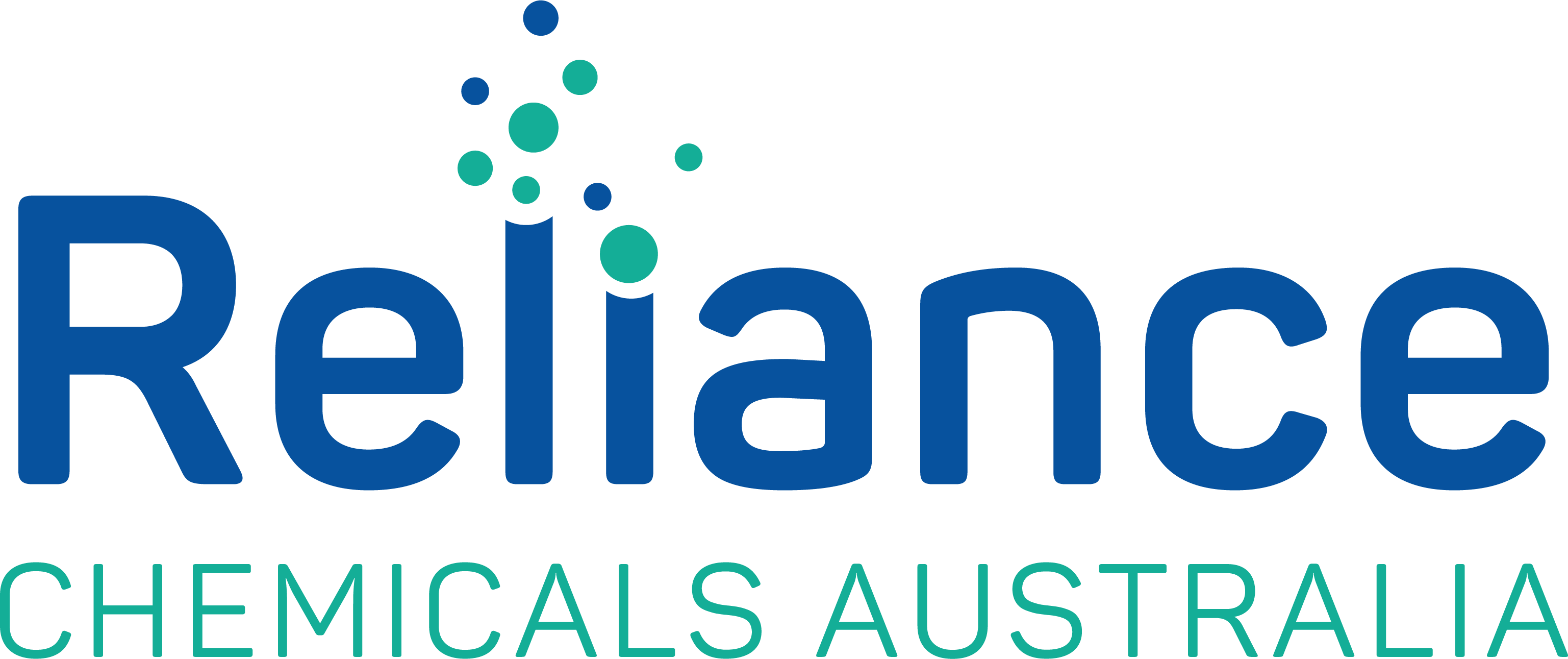Highest quality hygiene and cleaning chemicals

Working in industrial locations such as factories, workshops, car garages, and laboratories means getting your hands into grease, oils, resins, paint, and other substances that household hand soaps cannot clean off. For this reason, you need heavy-duty hand cleaners that specialise in removing specific materials from the skin.
Not all heavy-duty hand cleaners are built the same. When you peruse the ingredient list of several products, you’ll find that they each contain different amounts of certain chemicals. It’s important to know what your hand cleaning products are made of to stay safe in the workplace.
Skin exposure occurs once in contact with cleaning products, oils, with cleaning products, oils, adhesives, and other chemicals. When these harmful substances come in contact with skin, it can be absorbed and cause disease in other areas of the body. Industrial workers’ hands are exposed to all manner of substances and agents that can cause allergic and irritant dermatitis, leading to sick days and lost wages due to serious skin conditions.
Taking care of an employee’s hands should not be limited to wearing gloves. As modern industrial workplaces have become cleaner and more technologically advanced, hand cleaning products have remained as harsh as ever. Some products boast of high-quality cleansing, but contain abrasive and harmful compounds that aren’t necessary to get the job done.
As with any occupational disease, it’s important to get to the root of the problem—these unhealthy ingredients that directly lead to irritation, dermatitis, and other skin problems.
The standard formulation of heavy-duty hand cleaners usually include the following components:
Here are two of the most common harmful ingredients in industrial hand cleaners:
These hydrocarbon solvents are the most common ingredients found in many heavy-duty hand cleaners. They can effectively remove heavy oil, tar, wax, and grease from the skin; unfortunately, absorbing large amounts of petroleum distillates can cause severe damage.
Short-term exposure to petroleum distillates can lead to skin irritation, and prolonged contact can lead to dehydrated skin and contact dermatitis. Some petroleum distillates also contain carcinogens that can be absorbed through the skin. Solvent-free cleaners are much safer options that can still get the job done.
Pumice is a common scrubber found in hand cleaners, and it helps remove oil and dirt from the skin. It’s an abrasive agent used in many different cleaners across several industries, including beauty salons. Unfortunately, scrubbing with pumice means removing the important outer layer of the skin. It causes little tears that can permanently damage the skin, making it very rough and dry.
Pumice can also settle along water pipes, and if enough of it clumps together, it can block the water system. Instead of using this solution, biodegradable scrubbing agents would be a better a better alternative
Industrial hand cleaners are meant to keep dirt off a worker’s hands. They should not harm the person using them multiple times a day. Part of having a safe working environment is making sure that employees are provided with healthy and safe hygiene products.
If you’re looking for the best cleaning products in Australia, Reliance Chemicals is here for you. We have decades of experience in providing high-quality and unique cleaning solutions to our customers across multiple industries. Take a look at our product list and contact our experts today!

